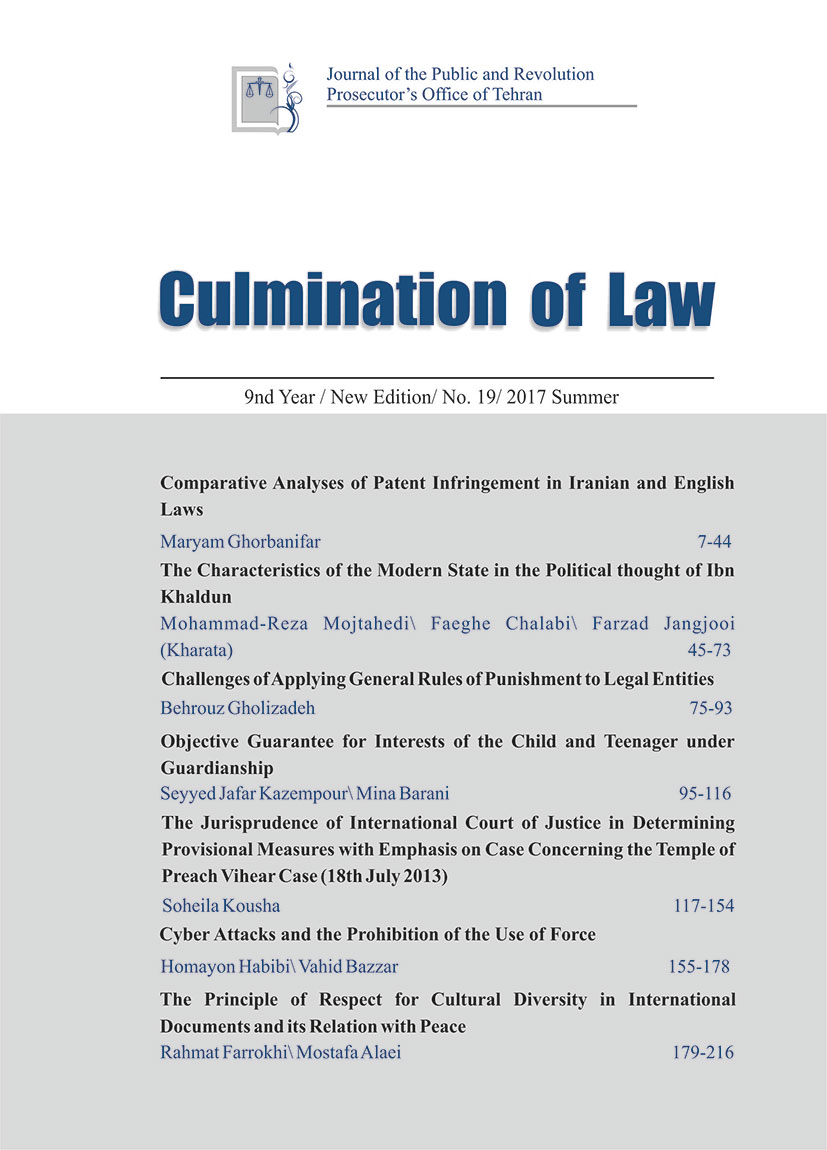Authors
Abstract
Cultures and great religions constitute pillars of the global human civilization, owing to their rich values, each of them instituted principles at a specific point in history or across the ages, originating from human nature which contributed to the common heritage worldwide. In fact, the world civilization is the melting pot of the fundamental principles inherent in influential cultures and civilizations. Hence, the values such as justice, peace, human solidarity and fundamental human rights form part of common heritage. Being the building blocks of the human civilization, however, the different cultural and religious disciplines have an inherent right to preserve and develop their own principles within the common whole. This is the principle of respect for cultural diversity within the universality of human rights. Not paying attention to cultural differences are the main causes of many tensions and unrest and even armed conflicts. The question is, how much emphasis is placed, beside the universality of human rights, on the issue of cultural diversity and respect for it, and how does this relate to peace and security? This article, by examining different aspects of the subject, has tried to study the necessity of normative respect for cultural diversity in the world as one of the ways to help global peace. The outcome of this article is based on the fact that the observance of cultural diversity and its enhancement will have a significant impact on global peace and security and the international organizations such as the United Nations, the Non-aligned Movement and the OIC should develop ex ante strategies and mechanisms to promote respect of cultural diversity as effective and pervasive tools to make a better world to live.
Keywords
